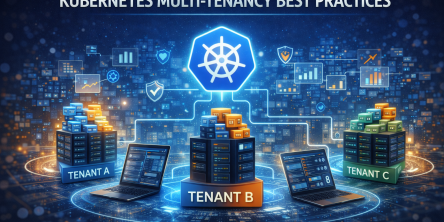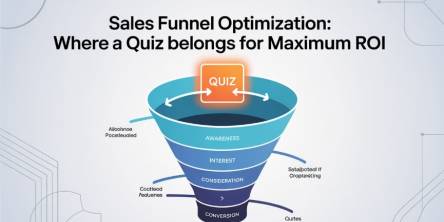The Best Java E-commerce Frameworks and CMS

Do you know what the following e-commerce companies have in common: Amazon, Walmart, eBay, and more? All of these e-commerce companies' apps make use of Java. Java is decidedly among the leading choices of programming language for e-commerce applications because it offers a world of benefits; for example, since Java code can be run on any platform with a Java Virtual Machine (JVM), users of e-commerce apps made with Java can access the said apps on a variety of devices. It has emerged as a versatile & robust programming language that empowers businesses to create powerful and scalable online platforms. Then there is also the inherent security that comes with using Java —a secure language with built-in features to safeguard data and sensitive information against common security threats, making Java a good choice for e-commerce applications that handle sensitive data, such as passwords and credit card numbers.
These are, of course, only a few examples of Java's many leading benefits, making it a terrific choice for a broad range of e-commerce use cases. Java frameworks and Content Management Systems (CMS) are indispensable tools for developers and online retailers. They offer a plethora of features & functionalities to enhance the e-commerce experience.
This blog will allow me to explore some of the most popular Java frameworks and CMS solutions tailored for eCommerce to make informed decisions.
Top Frameworks And CMS For E-commerce
Now, if you too are ready to jump on the Java for e-commerce train, here are some of the top frameworks and CMS you may want to keep in mind:
- Hybris: Now known as SAP Customer Experience, it is a comprehensive e-commerce platform offering various features, such as catalog management, product management, marketing, order management, etc. This robust and highly scalable e-commerce platform has been designed to handle high traffic volumes and complicated business logic. This is why Hybris is so well suited for big online retail operators.
- Broadleaf: An open-source e-commerce framework engineered to be scalable and flexible, Broadleaf makes for an excellent choice for companies that want to customize their e-commerce platform. In addition to the plethora of customization options, Broadleaf Commerce also offers flexibility and extensibility. Broadleaf's modular architecture enables developers to tailor the e-commerce app to suit companies' unique business needs. It also provides support for product catalogs, pricing rules, multiple stores, built-in content management capabilities, various payment gateways, and SEO features.
- Magnolia: A content management system (CMS) written in Java; more often than not, Magnolia is used for developing content-rich and customer-centric e-commerce websites. What is genuinely most interesting about this content management system is that it can also be integrated with e-commerce platforms to help effectively manage marketing campaigns, customer experiences, and content. If you are a business that needs to be able to create and update its website content easily, Magnolia is the right choice for you.
- Alfresco: Alfresco, a Java enterprise content management system (ECM), is usually used to store manage, and deliver content to end users. We will be honest — this one has not been designed for e-commerce; Alfresco can be used with e-commerce platforms to handle content management needs. Another reason Alfresco stands out is that it can manage images, videos, documents, and other similar media assets.
There you have it, folks; Java, thanks to its robustness and unmatched versatility, has solidified its position as the preferred choice for companies that run e-commerce platforms. With features such as platform independence, scalability, and extensive ecosystem on offer, you too ought to seek to harness the reliable and high-performance potential of Java application development services, making them a strategic imperative for e-commerce companies.
Similar Articles
In 2026, Microsoft Excel continues to power the U.S. business ecosystem, supporting over 80% of financial modeling, 70% of operational reporting, and nearly 65% of analyst-driven decision workflows across enterprises.
The rapidly growing volume and speed of digital transactions have had a whole lot of implications for businesses
We live in the age of cloud computing. That's plain to see. However, what may escape many are the operational and financial challenges of managing multiple independent clusters.
Times have changed and how! Take modern technology and the fast-paced digital economy, it is driving. Given the market conditions, any company's infrastructure has become more than just a technical detail.
It has been for everyone to see that the modern digital economy is distinguished by high volume, real-time financial transactions.
Business success has become reliant on efficiency and agility of the underlying technology infrastructure. Clearly, companies now depend on cloud computing to provide seamless services while managing exponential data growth.
Hospitals operate in environments where availability and patient safety are paramount at all times. As medical supply chains expand and regulatory oversight becomes more demanding, manual tracking methods introduce delays and risk.
Every sales funnel has one core goal: turn attention into revenue as efficiently as possible. Yet many funnels leak value at critical stages—visitors bounce, leads go cold, and sales teams chase prospects who were never a good fit.
Decentralized Finance (DeFi) has transformed how users earn passive income through blockchain-based financial systems. Among its most popular use cases,









